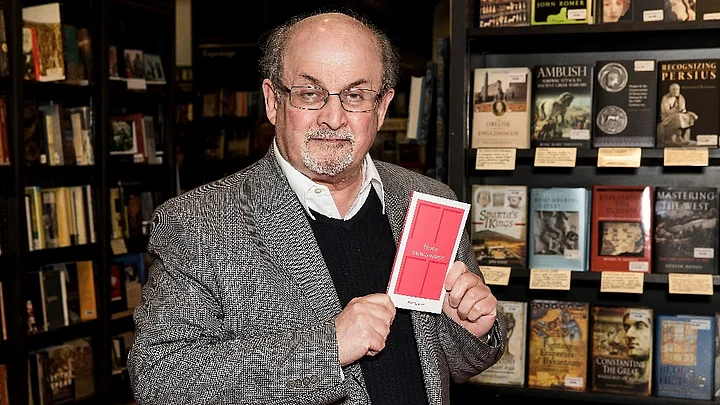Iran on Monday, 15 August, "categorically" denied that it had anything to do with the attack on Salman Rushdie and has pinned the blame on the writer himself.
Iran's foreign ministry spokesperson Nasser Kanaani gave the country's first official reaction, stating that "no one has the right to accuse the Islamic Republic of Iran". Then he went on to lash at the writer of The Satanic Verses.
"In this attack, we do not consider anyone other than Salman Rushdie and his supporters worthy of blame and even condemnation. By insulting the sacred matters of Islam and crossing the red lines of more than 1.5 billion Muslims and all followers of the divine religions, Salman Rushdie has exposed himself to the anger and rage of the people," Kanaani was quoted as saying by the BBC.
The UK did not take Iran's reaction too well. A spokesperson for British Prime Minister Boris Johnson said it was "ludicrous" to suggest that the attack on Rushdie was his own fault.
"It was not just an attack on him, it was an attack on the right to free speech and expression," the spokesperson added.
Even the US Secretary of State, Anthony Blinken, had expressed solidarity with Rushdie, stating that he "consistently stood up for the universal rights of freedom of expression, freedom of religion or belief, and freedom of the press".
He was attacked ahead of a lecture in western New York on Friday, 12 August. Read more about that here.
(With inputs from Reuters and the BBC.)
(At The Quint, we question everything. Play an active role in shaping our journalism by becoming a member today.)
